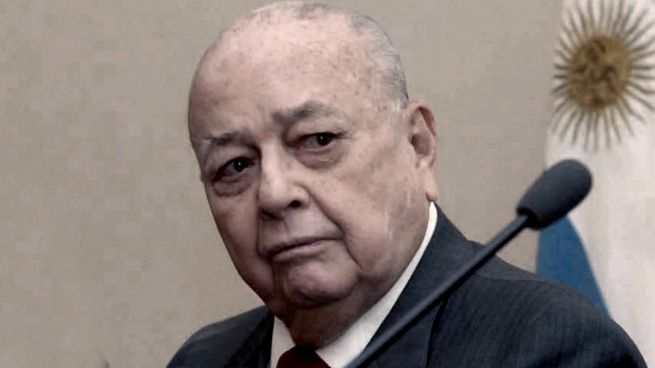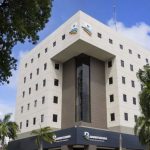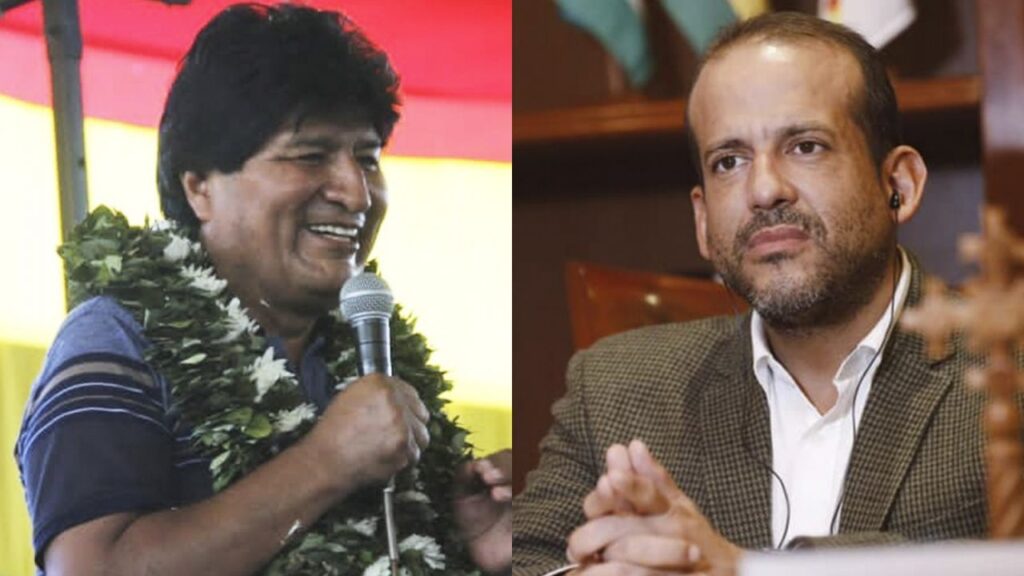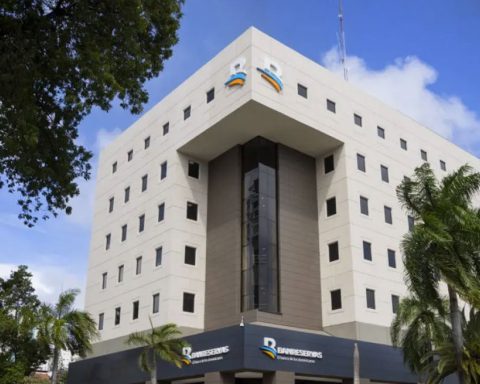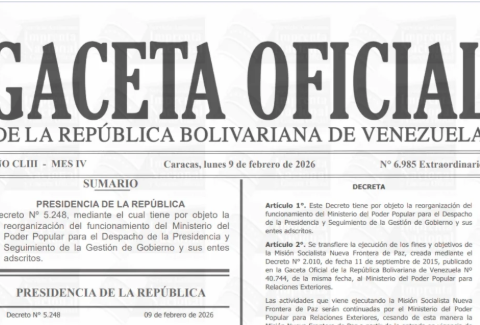The causes for the crimes committed at the Ingenio Ledesma, in the province of Jujuy, during the last civic-military dictatorship will not have the owner of the company, Carlos Pedro Blaquier, as accused, as a result of the opinion of the Forensic Medical Corps that warned that no he will be able to continue in the process “due to mental health problems,” and the Government is evaluating actions against judges that eventually caused delays in the process that led to this situation.
The forensic evaluation, in which members of the Forensic Medical Corps and two experts from the Secretariat of Human Rights (DD.HH), ruled that “the cognitive deterioration that the accused presents does not allow him to face an oral debate,” said the Secretariat, which stressed that these professionals have “unquestionable commitment to the memory process, true and justice “.
Thus, Blaquier is in no condition to face the Blackout Night trial, and the official body maintained that the criminal case was paralyzed for eight years in the Federal Chamber of Criminal Cassation first and in the Supreme Court later.
That procrastination, he warned the Secretariat in charge of Horacio Pietragalla Corti, guaranteed the impunity of the owner of the Ledesma Sugar Mill, 94 years old.
The case
Blaquier is on trial together with the then manager of the mill, Alberto Lemos, in two cases for crimes against humanity that were brought to trial.
In the file on the Night of the Blackout -when there was a power cut to kidnap people- he is accused of the illegal deprivation of liberty of 20 people in the Jujuy towns of Ledesma, Calilegua and Libertador General San Martín in July 1976, while in the Aredez case, three kidnappings are charged between March and April 1976.
Those cases were in a position to be brought to trial in 2013, when the businessman did not have those mental health problems, the Secretariat said.
Instead, they were paralyzed by the decision of Chamber IV of the Criminal Cassation Chamber, then made up of Juan Carlos Gemignani, Gustavo Hornos and Eduardo Riggi, which first admitted an appeal from the defense and two years later issued a lack of merit to both defendants, he said.
Likewise, he recalled that only in July 2021, and thanks to several requests from the Human Rights Secretariat and the other complaints demanding a prompt resolution, the Supreme Court annulled what was resolved by the Cassation, noting that this decision had been ” arbitrary “and that” unduly impeded the progress of the process. “
Human Rights Secretariat of the Nation
“The irregular decision of Cassation and the delay of the Supreme Court in revoking it allowed Blaquier and Lemos to spend these 8 years in their homes without being judged,” said the body in charge of Pietragalla Corti.
And he warned that this lack of responses from the highest judicial authorities in the country “caused irreparable damage to the victims, who will not be able to obtain justice for these very serious crimes with regard to Blaquier”, while regarding Lemos he said that “it is essential and urgent that they be advance with the oral and public debate against him. “
The Secretariat also reported that it analyzes the responsibility of the judges who intervened in the process to determine the measures to be promoted.
Thus, he stated that the causes that involve the responsibility of civil and economic actors during the last dictatorship are those that “generate the greatest resistance in the Judiciary.”
“The advance without delay of these investigations is one of the priorities of the Strategic Plan for the advancement of the justice process for crimes against humanity promoted by this Secretariat,” said the text.
Jujuy children
The group Daughters and Children for Identity and Justice against Forgetfulness and Silence (Children) of Jujuy had already requested on July 16 to the Federal Chamber of Criminal Cassation to accelerate the case for crimes against humanity committed in Jujuy during the last civic-military dictatorship in which the indictment of the businessman and his then administrator was processed.
Eva Arroyo, the main reference for Hijos Jujuy, pointed out to Télam that “what we are afraid of is that Cassation will have obstructing attitudes and biological impunity will come because Blaquier is 93 years old.”
Blaquier and Lemos were prosecuted as necessary participants in the Night of the Blackout, as is known for the illegal detention of about 400 people, including company workers, which took place between July 20 and 27, 1976.
The businessman and his collaborator are accused of providing vehicles and personnel of the mill for this repressive operation, as evidenced in various testimonies of survivors, within the framework of the causes for crimes against humanity.
